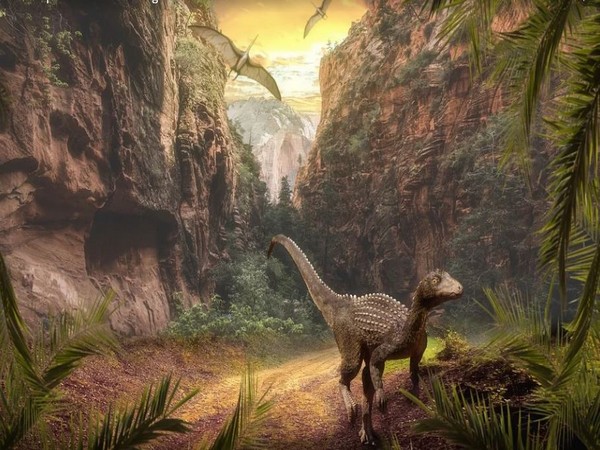Science News Roundup: T. rex is at the center of a debate over dinosaur intelligence; China set to launch high-stakes mission to moon's 'hidden' side and more
New study offers insight The advent of agriculture roughly 11,500 years ago in the Middle East was a milestone for humankind - a revolution in diet and lifestyle that moved beyond the way hunter-gatherers had existed since Homo sapiens arose more than 300,000 years ago in Africa.

Following is a summary of current science news briefs.
China set to launch high-stakes mission to moon's 'hidden' side
China will send a robotic spacecraft in coming days on a round trip to the moon's far side in the first of three technically demanding missions that will pave the way for an inaugural Chinese crewed landing and a base on the lunar south pole. Since the first Chang'e mission in 2007, named after the mythical Chinese moon goddess, China has made leaps forward in its lunar exploration, narrowing the technological chasm with the United States and Russia.
What did people eat before agriculture? New study offers insight
The advent of agriculture roughly 11,500 years ago in the Middle East was a milestone for humankind - a revolution in diet and lifestyle that moved beyond the way hunter-gatherers had existed since Homo sapiens arose more than 300,000 years ago in Africa. While the scarcity of well-preserved human remains from the period preceding this turning point has made the diet of pre-agricultural people a bit of a mystery, new research is now providing insight into this question. Scientists reconstructed the dietary practices of one such culture from North Africa, surprisingly documenting a heavily plant-based diet.
T. rex is at the center of a debate over dinosaur intelligence
Surmising even the physical appearance of a dinosaur - or any extinct animal - based on its fossils is a tricky proposition, with so many uncertainties involved. Assessing a dinosaur's intelligence, considering the innumerable factors contributing to that trait, is exponentially more difficult. A study published last year by Vanderbilt University neuroscientist Suzana Herculano-Houzel that evaluated the intelligence of Tyrannosaurus rex, focusing upon estimated brain size and the number of brain neurons, as comparable to that of primates - specifically a baboon - caused a stir in scientific circles.
(With inputs from agencies.)










